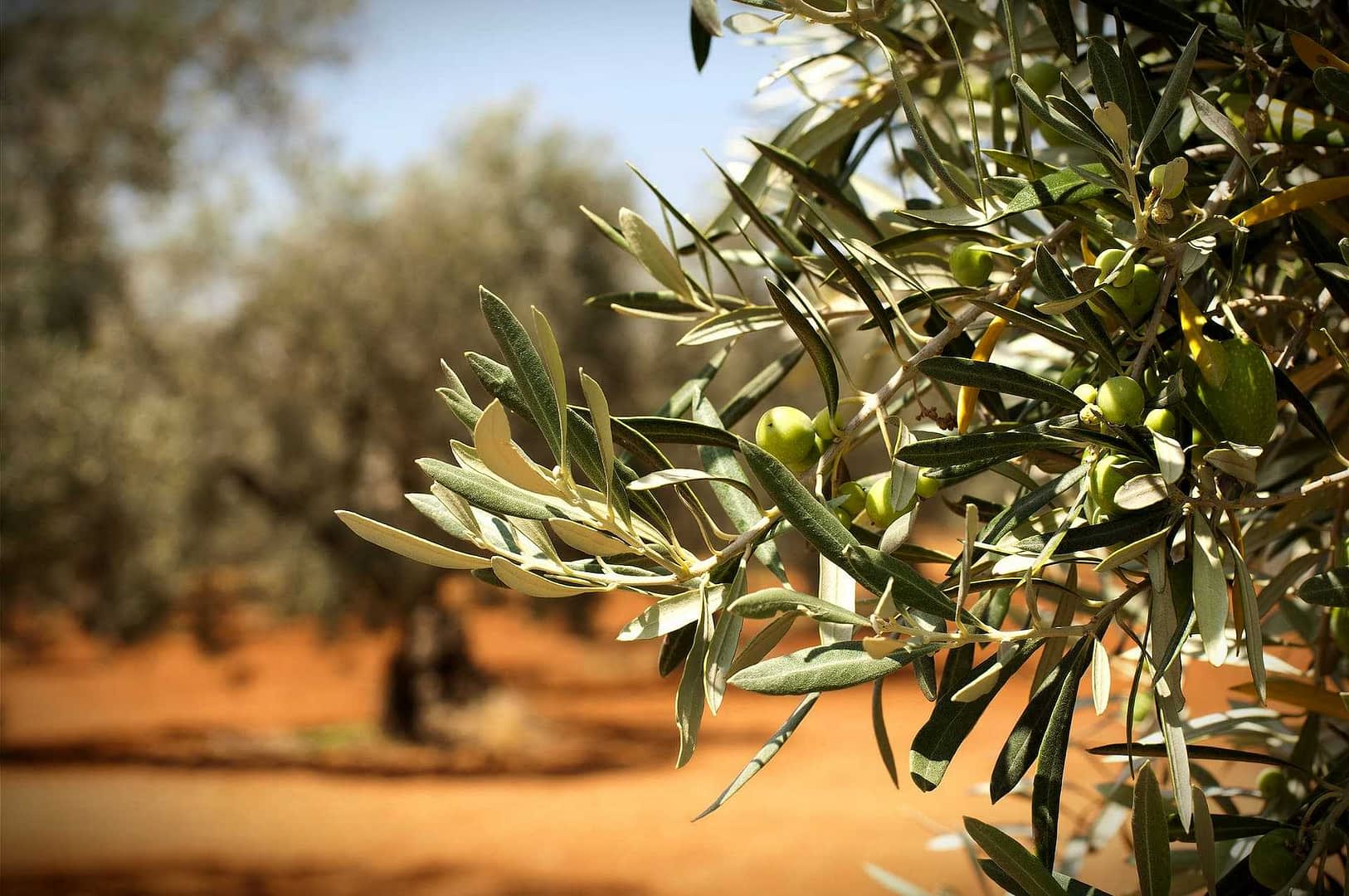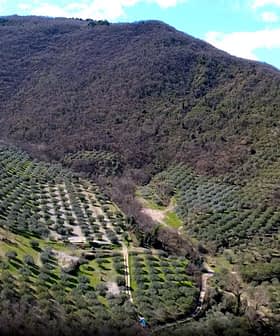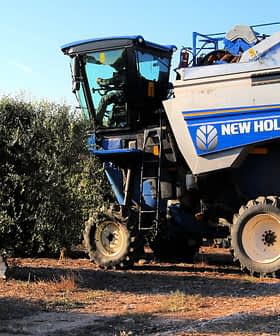Effort to Stem Spread of Olive Pathogen Using Grafted Trees Fails in Spain

The University of Córdoba’s efforts to combat Verticillium wilt in Andalusian olive trees by grafting resistant varieties have failed, indicating a major challenge for olive farmers in the Mediterranean region. Despite the disappointing results, the use of more resistant olive tree varieties in new plantations, such as Arbosana or Arbequina, may offer some protection against the deadly fungal infection.
The University of Córdoba’s agronomy department has announced that its four-year efforts at combating Verticillium wilt by grafting Andalusian olive trees with resistant varieties have failed the field test.
Olives are among the most important fruit crops in the Mediterranean region. In the southern Spanish region of Andalusia, olive trees occupy more than 30 percent of all agricultural land.
In a soil with a high concentration of Verticillium dahliae, the use of this control strategy should be ruled out.
Among the mounting challenges facing olive farmers in the Mediterranean are deadly diseases, such as Verticillium wilt or Verticillosisis. The condition is caused by Verticillium dahlia, a soil-borne fungus belonging to a class of fungi that affects more than 300 plant species.
The fungal infection is currently one of the biggest threats to Andalusian olive groves and across the world because there is no known method of controlling it effectively. Though there are resistant olive cultivars, they are still susceptible to fungal infection, just to a lesser extent.
See Also:Understanding Relationship Between Fungus and Climate May Curb Olive PathogenThe situation is aggravated by the ability of the fungus to survive for years in the soil, meaning it can continue affecting olive groves and other crops planted long after the infected trees are destroyed.
In Andalusia, the varieties traditionally acknowledged as highly productive, such as Manzanilla de Sevilla, Picual and Hojiblanca, are highly vulnerable to fungal infection.
On the other hand, the more resistant types of olive trees, including Frantoio, do not possess the agronomic qualities sought out by farmers.
To solve this problem, the University of Córdoba has been researching varieties with acceptable agronomic characteristics combined with resistance to Verticillium wilt. One of their approaches has been to combine resistant varieties with highly productive trees via grafting.
The researchers successfully tested a graft from Picual (a variety susceptible to Verticillium wilt) and Frantoio, which is resistant to Verticillosisis. They noticed that grafting delayed the development of the fungal infection in the susceptible scion despite exposure to Verticillium dahlia.
However, after four years, the grafted olives had developed severe symptoms of the fungal disease, just like the plants would have exhibited if they had been grown from their roots.
As a result, researchers concluded that grafting susceptible varieties onto resistant olive trees is ineffective as long-term control of Verticillium wilt since the infection can progress through the resistant cultivar to damage the susceptible scion.
“In a soil with a high concentration of Verticillium dahliae, the use of this control strategy should be ruled out,” Pedro Valverde, a member of the research team, concluded. “Perhaps, testing in less infected fields, we can obtain other results.”
Carlos Trapero, a fellow researcher on the project, added that despite the disappointing results of the trials, farmers cultivating other varieties would be less vulnerable to exposure.
“The situation is stable due to the use of more resistant varieties in the new plantations,” he said. “Such is the case of hedge plantations in which varieties such as Arbosana or Arbequina, which are moderately resistant, are used.”









